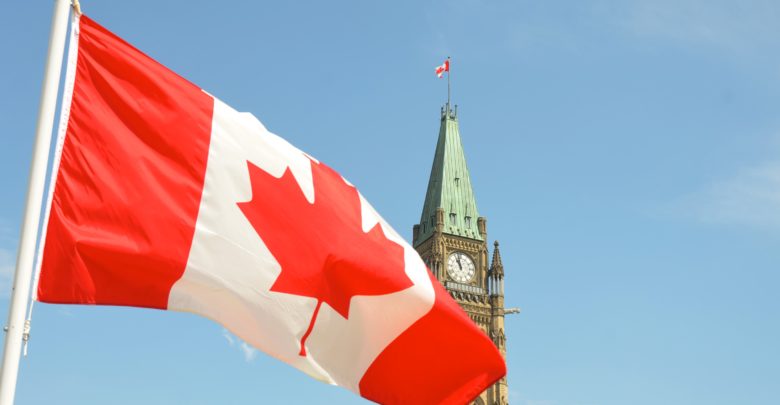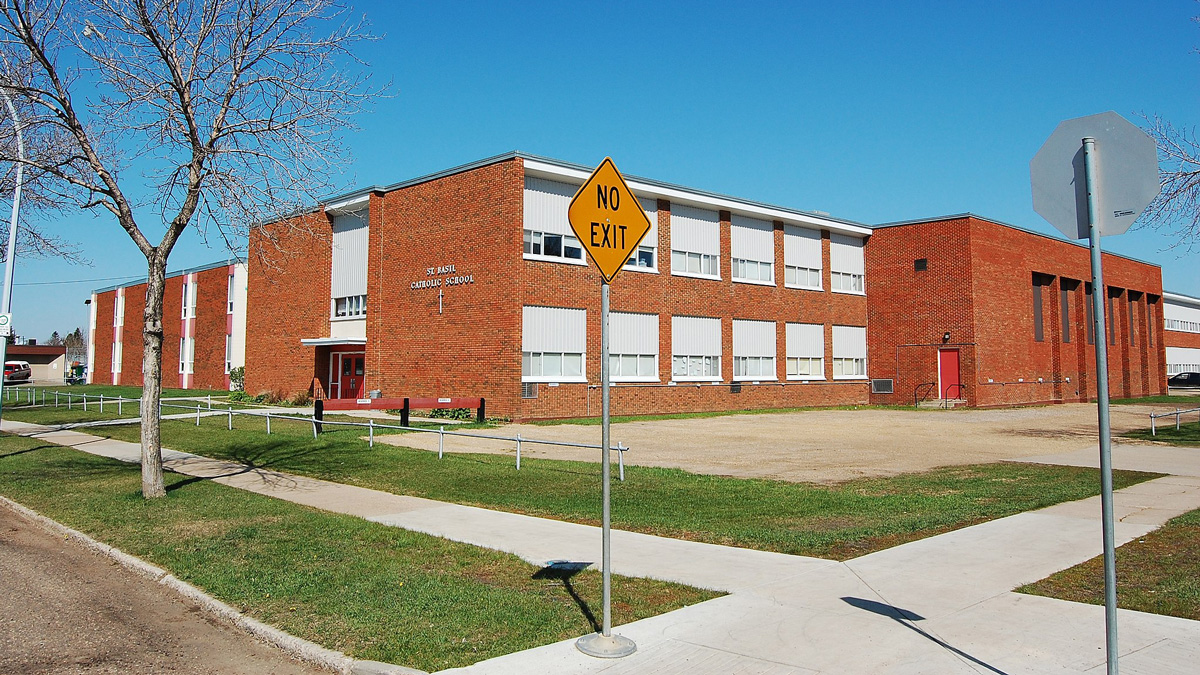Canada’s future may lie in the CANZUK alliance
As trade tensions with the U.S. escalate, Canada may find its future in a new alliance with the U.K., Australia, and New Zealand.
 Rachel Narvey
Rachel NarveyMuch like how earthquakes split the ground in the movie San Andreas, the tariffs from the United States (U.S.) are causing cracks in Canada’s relationship with the U.S.. They are loud, costly, and growing wider. Recent U.S. tariffs on Canadian automotive exports have once again reminded Ottawa of the risks that come with economic dependence on one powerful neighbour. Though the Canada-U.S. relationship has weathered storms before, there’s a growing sense that this time is different. Canada may need a backup plan. That plan could be CANZUK.
What once sounded like a nostalgic Commonwealth reunion now looks like a serious geopolitical strategy. CANZUK proposes a closer union between Canada, Australia, New Zealand, and the United Kingdom (U.K.) — countries that not only share history and a language, but also values, democratic systems, and high living standards. It’s the kind of club where everyone knows how to spell “favour” correctly.
Economic logic makes the case even stronger. Together, the CANZUK countries would boast a combined gross domestic product (GDP) of roughly $6.5 trillion. They’re stable democracies, tech-savvy, and rich in natural resources. Canada could trade with allies that don’t view tariffs as tools of emotional manipulation. Diversifying trade beyond the U.S. isn’t just smart, it’s overdue.
More than 70 per cent of Canada’s total exports go to the U.S.. That figure has stayed high for years, despite repeated trade disputes. From softwood lumber to dairy, and now automobiles, Canada has often played the role of the loyal partner — only to be left holding the bag when politics in Washington take a protectionist turn.
Prime Minister Mark Carney’s administration responded quickly to the latest tariffs, vowing to seek new markets and reduce dependency on the U.S.. His comments mark a significant shift in tone. While no one is suggesting Canada abandon its largest trading partner, the writing is on the wall: the U.S. is no longer a reliable economic ally.
CANZUK could help fill that gap and have more than just a trade pact. The alliance would include reciprocal labour mobility, deeper diplomatic co-operation, and shared defence goals. Citizens of member countries could live and work freely across borders — sort of like the European Union (EU).
Issues with CANZUK often point to geography. Yes, Canada and New Zealand aren’t exactly neighbours. But in an age of instant communication and global logistics networks, distance matters less than it used to. Besides, Canada has traded with China in the past. While that trade relationship is likely to change, it will be changing because of the tariffs China recently placed on Canada, not because of geographical distance. Besides, proximity hasn’t saved us from U.S. volatility.
Public support is quietly building. Some Liberals have warmed to the idea, too. In an article for Open Canada, policy analyst Jared Maltais laid out a progressive case for CANZUK, arguing that it could enhance human rights co-ordination and multilateral climate action while deepening trade. This isn’t just a conservative dream of the Commonwealth reborn — it’s a flexible, forward-thinking framework that appeals across the aisle.
Of course, building something as ambitious as CANZUK won’t happen overnight. It would require new legislation, immigration agreements, and trade deals. But the groundwork already exists. The countries involved share security arrangements, Five Eyes intelligence co-operation, and similar legal systems. Much of the heavy lifting is already done.
Canada has faced trade crises before. In the 1930s, retaliatory U.S. tariffs forced Canada to look to Britain. In the 1980s, Brian Mulroney’s government hedged with Europe and Japan. Each time, Canada adapted. This time, we can do more than adapt — we can lead.
The U.S. may always loom large economically, but loyalty isn’t a substitute for strategy. Canada has the chance to pivot — not out of bitterness, but out of clarity. Strong partnerships aren’t built on fear of retaliation. They’re built on trust, respect, and shared goals.
So maybe it’s time to text the group chat: “Hey U.K., AUS, NZ … you up?”




